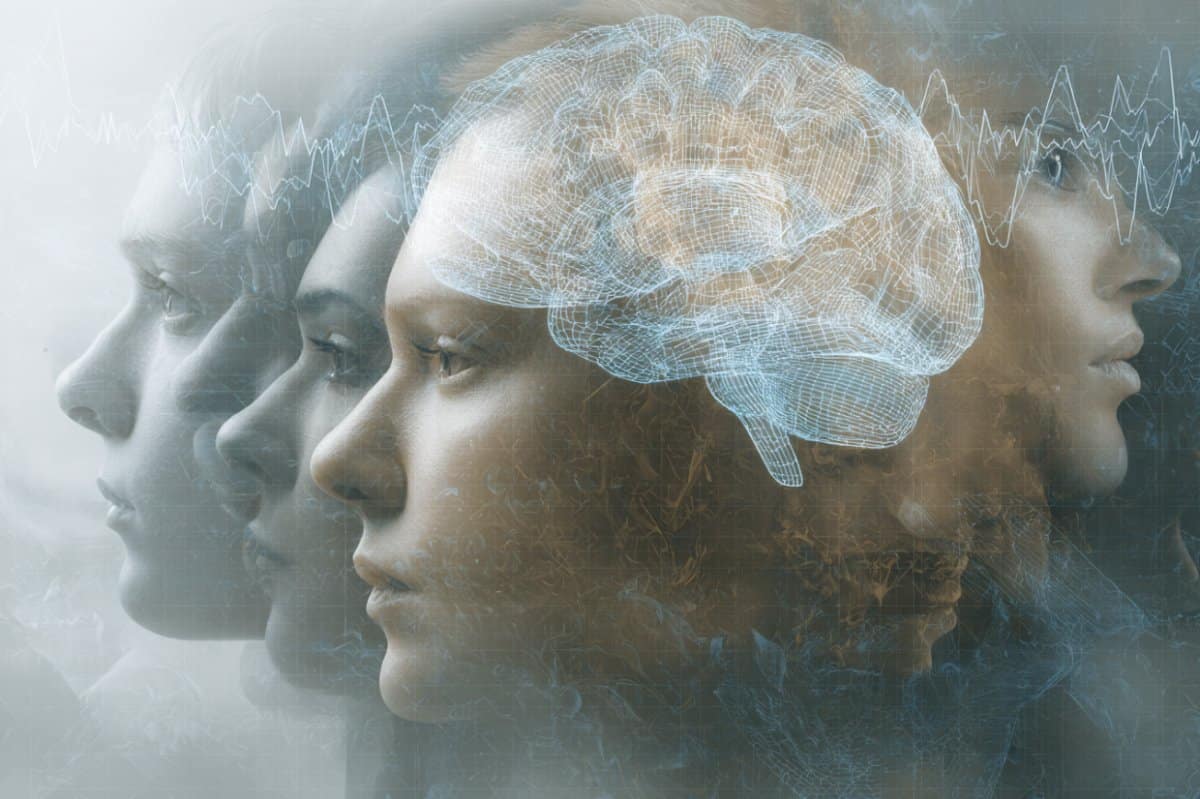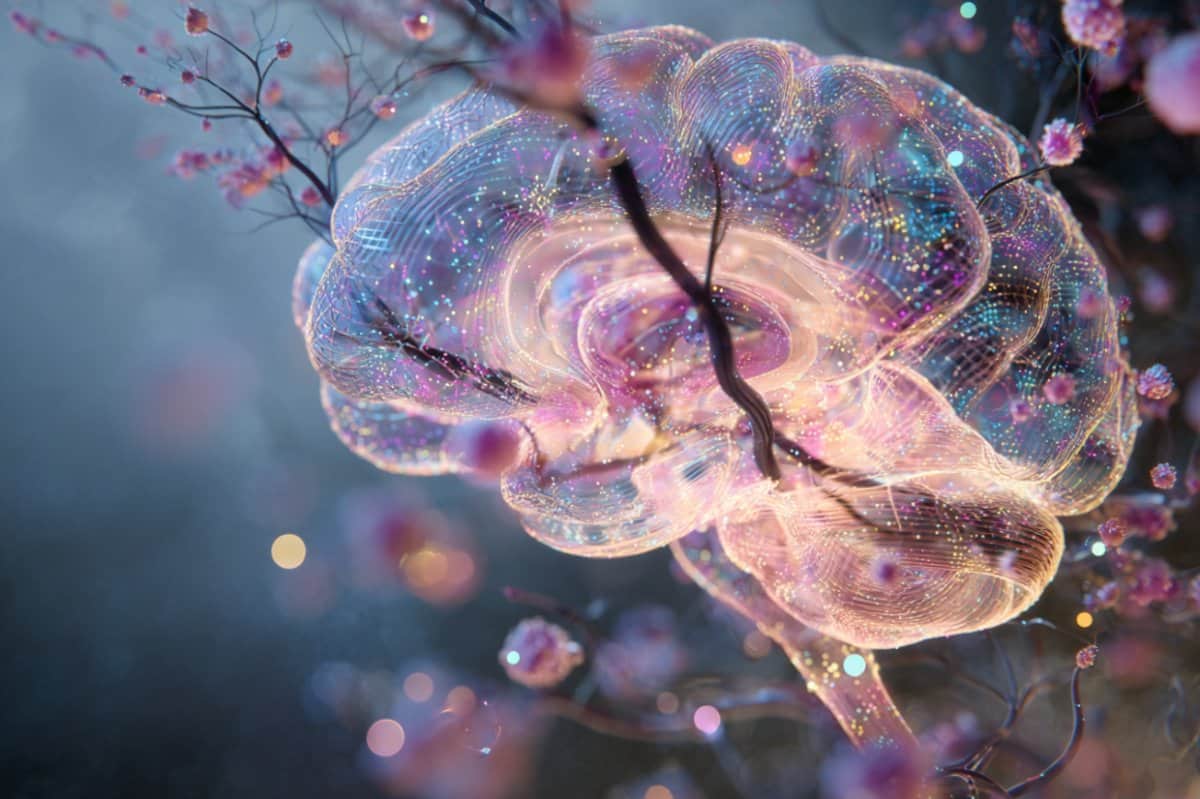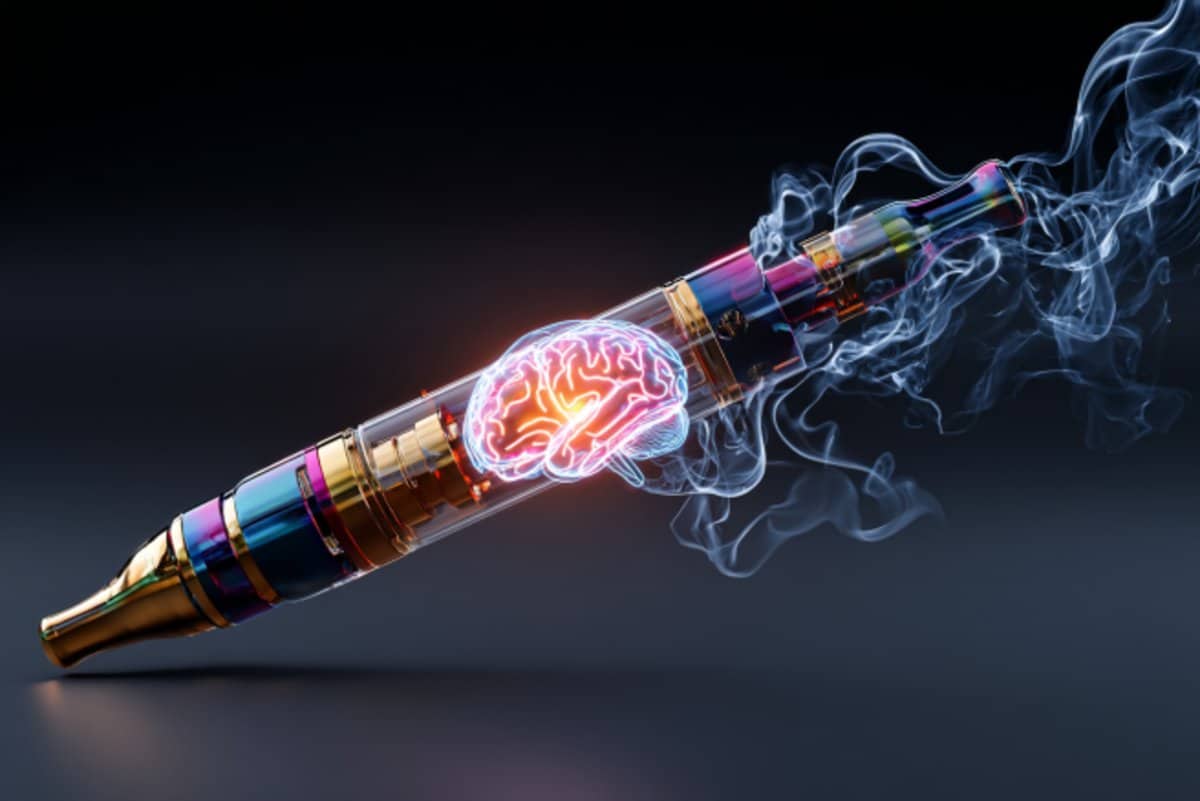T4K3.news
Study Reveals Autism Masking Effects on Teens
Research from Drexel University finds masking traits impacts cognitive functioning in autistic teens.

A new study reveals the mental costs of autism masking in teens.
Autism Masking Impacts Cognitive Functioning
A recent study from Drexel University highlights how autistic teens often mask their traits to blend in with peers. This research shows that 44% of these teens can pass as non-autistic in classrooms. Using EEG technology, the study found that these teens have faster responses to facial recognition and reduced emotional reactivity. The results emphasize the cognitive toll of masking, suggesting that the ability to pass as non-autistic involves significant mental effort.
Key Takeaways
"This suggests that their brains may be wired to quickly recognize social cues while dampening emotional responses."
Matthew Lerner discusses the adaptive strategies of teens who mask their autism.
"These findings offer the first direct evidence of how brain activity might differ in those who pass as non-autistic."
Lerner emphasizes the significance of the study's results on cognitive processing.
"We hope this will spur greater inquiry into identifying autistic youth who are passing as non-autistic."
Lerner outlines the study's implications for future research and support mechanisms.
The study sheds light on a largely unaddressed issue in the autism community: the cognitive burden carried by those who mask their true selves. As autistic teens navigate social expectations, they may experience heightened stress and anxiety. This phenomenon could change how educators and health professionals identify and support autistic individuals, ensuring their unique needs are acknowledged. By recognizing the signs of masking, schools can create supportive environments that encourage authenticity.
Highlights
- Passing as non-autistic may come with a heavy price.
- Masking traits could impact cognitive health in teens.
- Understanding masking can change support strategies for autistic youth.
- The brain's response reveals a hidden life of effort.
Concerns About Autism Support Strategies
The cognitive toll of masking raises concerns about proper identification and support for autistic teens. This requires increased awareness and tailored approaches in educational settings.
Understanding the cognitive effects of masking may transform support for autistic teens.
Enjoyed this? Let your friends know!
Related News

Discovery of four autism types could revolutionize treatment

Study reveals genes linked to mental illness activate in fetal stages

Dietary Changes Could Help Reduce Headaches

Study finds flavors in e-cigarettes drive reward systems

Health risks of fat jabs documented in new study

Research shows Covid pandemic accelerated brain aging

New research links walking styles to autism diagnosis

New research reveals dementia risks for autistic individuals
